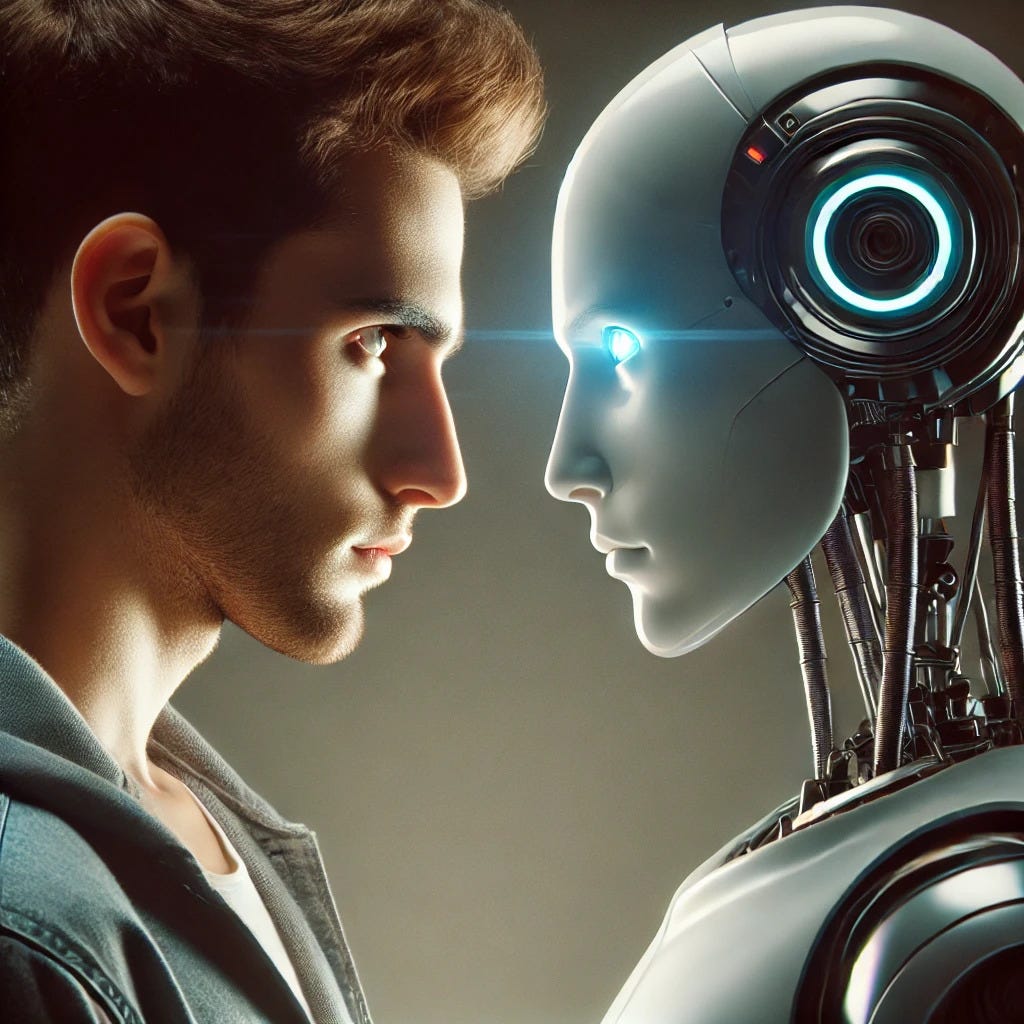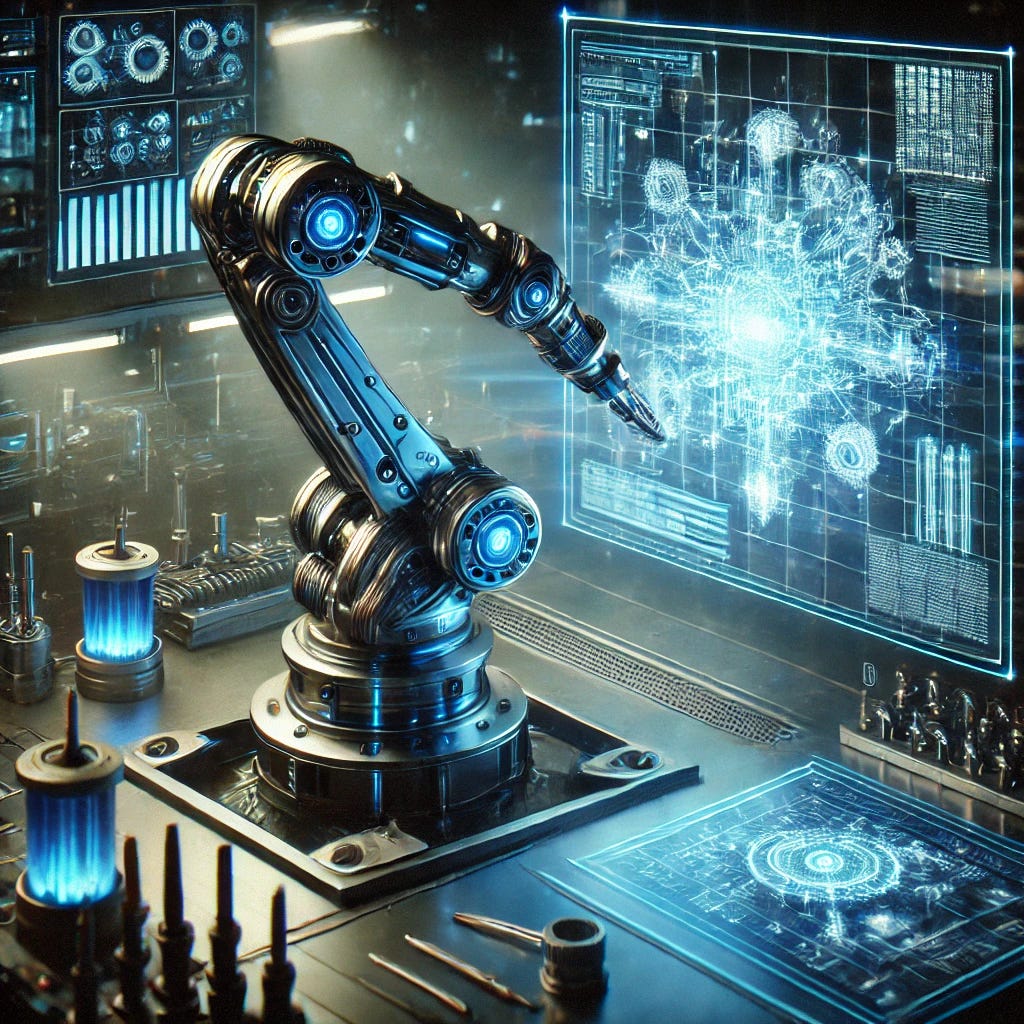Why AI is humanising SEO
New rules will separate average marketers from great ones.
SEO has always held a special place in many marketers’ hearts. In a profession often accused of being too fluffy, SEO has been a way to demonstrate obvious technical ability. Marketers can impress / stun sceptics with strange sounding words like crawling, SERP, and metadata. It’s like learning a new language or learning how to code - those that have mastered it are usually held in high esteem.
It’s also measurable. Where c-suite are looking for clear, demonstrable results from marketing spend, SEO can provide them. Google rankings are just that, rankings. You can move up (or down) depending on performance. Where other marketing initiatives can be a little harder to measure or prove, the demonstrated impact of SEO is as simple as typing a brand name into a search engine.
It was all going so swimmingly for the SEO-proficient, until another abbreviation walked in the door: AI. Since then, things have gotten a little more…complicated.
How is AI Impacting SEO?
SEO is being significantly impacted by AI, transforming how search engines rank content and how marketers optimise for visibility.
One of the biggest shifts has come from Google’s AI-powered algorithms, like RankBrain and BERT, which focus on understanding user intent rather than just keywords. AI now helps search engines interpret context, semantics, and user behavior more accurately, making traditional keyword-stuffing strategies ineffective. Instead, high-quality, well-structured content that genuinely answers user queries is rewarded. Marketers must now prioritise content relevance, natural language processing (NLP), and user experience to stay competitive in search rankings.
So far, so good. After all, true marketers never felt comfortable about keyword stuffing anyway. It was inauthentic. It ruined content flow. It was almost a bit sale-sy. Yuck. Good on the search engines for implementing AI to better reward high quality content.
But what marketers really want to know is how SEO performance is impacted by using AI for content creation.
Tools like ChatGPT, Jasper, and SurferSEO can help marketers generate optimised content faster, perform keyword analysis, and even predict ranking potential. However, similar to greater detection of keyword stuffing, search engines are also becoming better at detecting AI-generated content - particularly AI content that lacks originality or value.
Google’s Helpful Content Update has made it clear that AI-assisted content must provide real insights, rather than being purely SEO-driven. This means that there is now a greater emphasis on human oversight and creativity, forcing marketers and other content contributors to focus on crafting authoritative, engaging, and well-researched material that stands out in a crowded digital landscape.
On the one hand, that’s great. For those nervous of AI taking over, the reality is that Google and other search engines still care about humans. They still care about human strategy, human creativity and human thought - possibly more now than ever - and they are prepared to reward it. For companies with smart thinkers, as well as opinions and things to say, this change in SEO is a welcome one. It will separate the true thought leaders and creators from the rest of the pack.
For those who have become reliant on AI to generate content at warp speed and have become lazy when it comes to content creation, this is bad news. Speed must now be married with ingenuity, strategy, and thoughtfulness. If you’ve lost the latter, you’ll be punished with worsening SEO performance.
The Bottom Line
When it comes to SEO, the exciting shift is that content creation has returned to being a true skill, rather than an automated, mechanical process. Marketers and other digital professionals must adapt by focusing on high-quality, user-first content, leveraging AI tools responsibly, and optimising for emerging search trends like voice and visual search.
Those who rely on old SEO principles and processes, as well as those who over-rely on AI content production, risk losing visibility. But for the strategists, the wordsmiths, and the creators, the new AI-impacted world of SEO is there for the taking.



